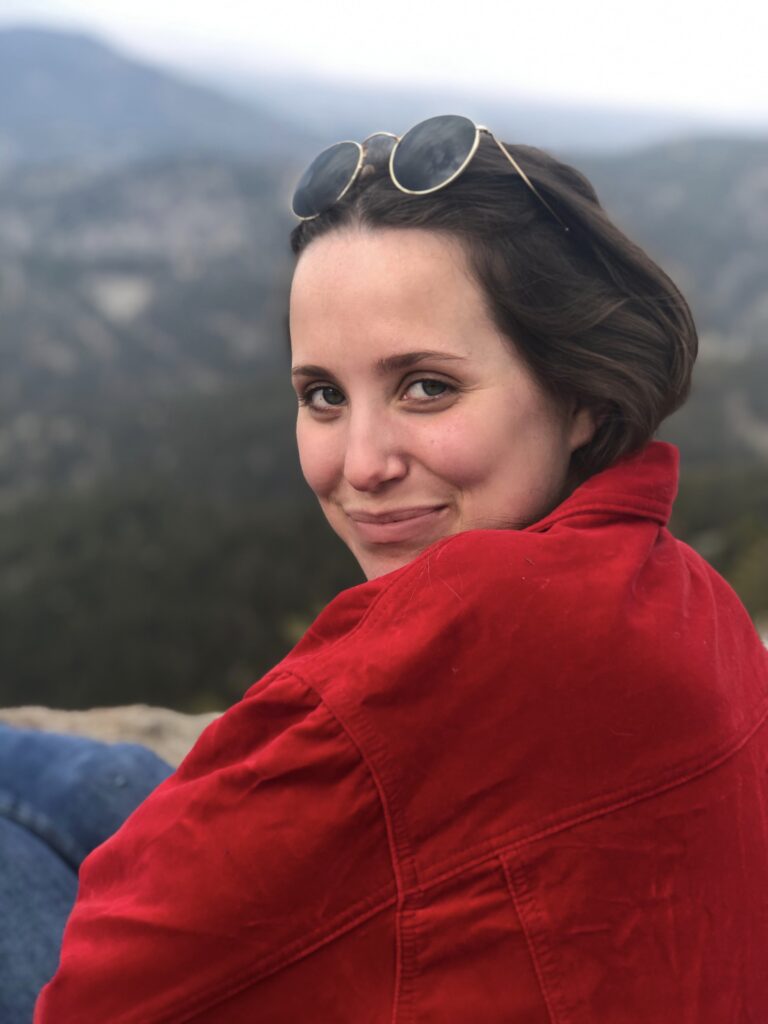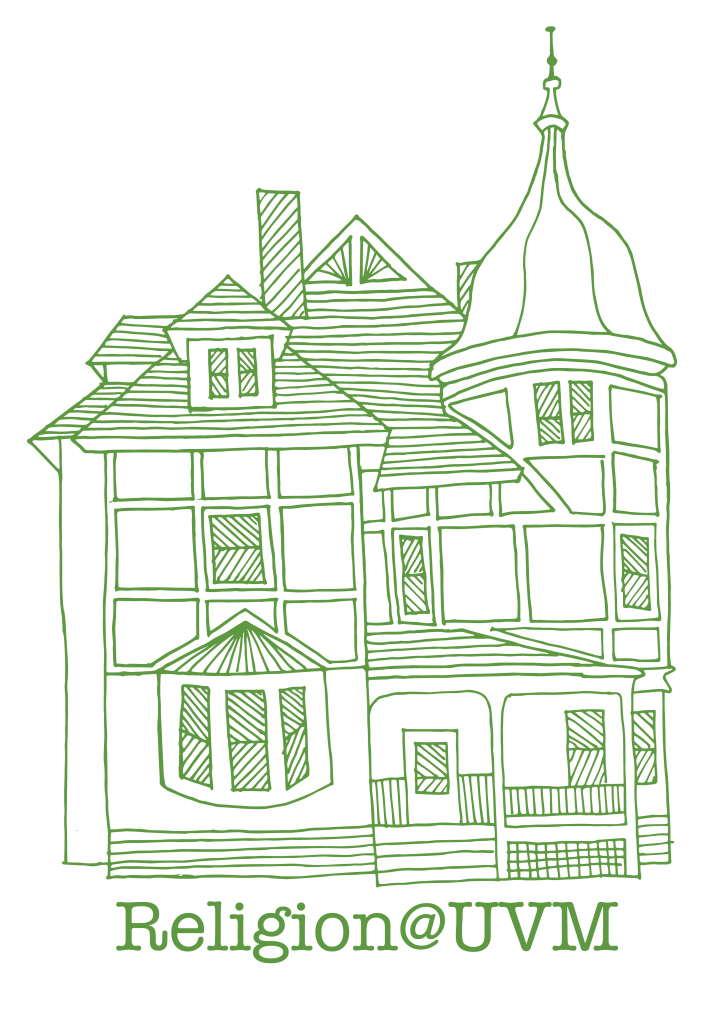a series about our graduating seniors
“I continued taking religion classes because I wanted to know why abstract ideologies compel individuals to think and behave in certain ways. I became a religion major because I wanted to know how individuals mobilize under their religion to effect macro-level social and political change. ”
–Ava Williams

Why did you major in Religion?
In the hectic midst of picking out classes during first year orientation, I found myself signing up for the religion TAP “What is the Bible.” While I originally took the class under the seemingly classic “religiously raised kid turned pessimistic atheist” guise, I soon learned the faults in my own worldview. I began to understand that religion is more than a sacrosanct dedication to the words of ones god– it is a means of building community, a way of coercing behaviors above secular law, and it factors quite literally into everything in our world.
I continued taking religion classes because I wanted to know why abstract ideologies compel individuals to think and behave in certain ways. I became a religion major because I wanted to know how individuals mobilize under their religion to effect macro-level social and political change.
Where do you imagine yourself in 10 years?
Ask me in 10 years!
Imagine a first-year student has asked your advice about REL courses. What’s the one she shouldn’t dream about missing? Why?
Arguably, the most impactful class I took in the Religion Department was “REL 196: Religion, Race, and Ethnicity in the United States.” This class challenged me to think critically of the U.S. through the lens of religion. Through looking tracing the development of religion, race, and ethnicity, we studied how these invented categories were employed to help form and maintain our hierarchical society. I recommend this class to any students who want to analyze religion in the context of U.S. politics and history.
If you could write any book, what would it be?
My capstone project was titled “‘The World’s Oldest Colony’: Cultural Nationhood, Political Nationalism, and Religious Activism in Puerto Rico.” It investigated how religion factored into the development of the Puerto Rican cultural nation and how religious actors mobilize within the secular politics of Puerto Rico. If I had the chance to write a book, I think that it would be tied to this capstone project because there is a wide scholarly void in understanding religion in Puerto Rico. I think that it would be quite fun to research the island on a larger scale to fill this scholarly void and to show the world how deep and multifaceted Puerto Rico truly is.
Any fond memories of 481 Main Street you want to share?
Although I can’t seem to choose a favorite memory of 481 Main, I think my most fond memories revolve around the community that we built within the religion building. It was quite special to take classes with the same core group of students since freshman year– we learned, grew, and laughed together for four years. I really enjoyed our strong support system and watching my peers develop throughout our time together.
I do not think this community could have grown without our teachers who called us by name and remembered our favorite topics of study, our best papers. They were extremely adept at balancing the teacher and friend role; I don’t think that I would be half the person or scholar I am today without their motivation to help us learn.

